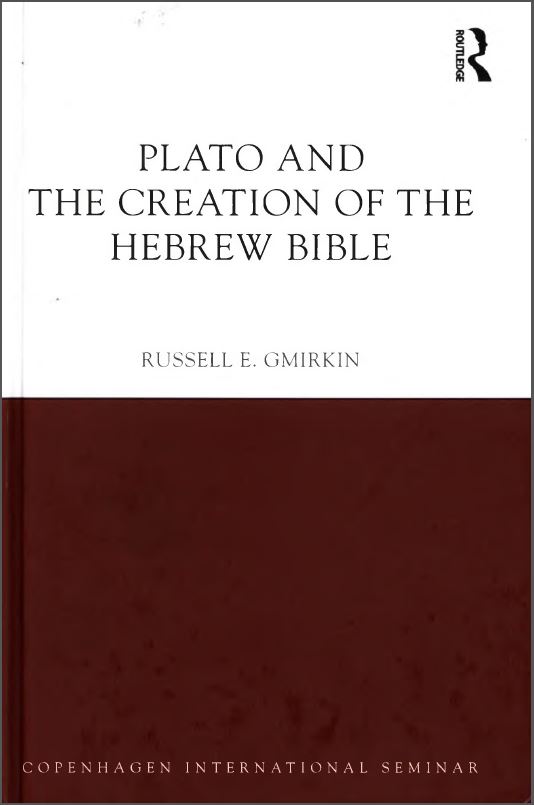
There is a review by Stéphanie Anthonioz of Russell Gmirkin’s Plato and the Creation of the Hebrew Bible on The Bible and Interpretation site.
Review of Russell E. Gmirkin, Plato and the Creation of the Hebrew Bible
I have been discussing this book — see Archives: Gmirkin: Plato and Creation of Hebrew Bible — and hope to complete those posts soon.
Some quotes from Stéphanie Anthonioz’s review:
The thesis:
The argument is simple and comparative: the greater number of Pentateuchal laws, even if they had some Semitic precursors, seem copied from Athenian law or, more precisely, the Platonic laws (chapters 2-5).
Beyond this argument, the author proposes that the Laws of Plato constitute a new hermeneutical key for the ideology not only of the Pentateuch but the whole of the Bible: the Bible is the official national literature mandated according to the same instructions of the Platonic laws (chapter 6).
–o–
For the author, the hypothesis which has never been advanced is that which he defends, that knowledge of the Pentateuch did not exist before the era of Hellenistic interaction and, furthermore, that it is massively based not on Semitic traditions but Greek. In the brief section, “The current volume” (pp. 4-5), the author restates the new historical framework of his hypothesis: it is in the Great Library of Alexandria that the Jewish authors, assembled under royal sponsorship, drew from their sources and drafted the Pentateuch. A historical consequence directly follows: the theocracy which is established in Judea at the beginning of the Hellenistic era is modeled on Plato’s model government.
 The creation of the biblical collection:
The creation of the biblical collection:
The biblical collection was ultimately composed in two phases: the first, the work of the Seventy under royal sponsorship in Alexandria; the second in later stages in Palestine in order to constitute not only a national literature, but also to be an educational program to train obedient citizens. In this discourse, for example, Job becomes the paragon of Greek tragedy! Thus, “The Hebrew Bible as a whole can best be understood as a literature intended for the education of the soul, utilizing all the tools in the Platonic psychogogic arsenal: poetry, myth and song, theology and prayers, pageant and spectacle, theater, drink and dance and persuasive rhetoric that appealed to the patriotic, praised the noble and exalted and condemned the wicked and disobedient, who were threatened with punishments in this life and terrors in the next” (p. 267). Knowledge of this intention and invention would have been erased from the literature such that no link with Alexandria could be denounced.
–o–
A difficulty: Continue reading “Plato and the Creation of the Hebrew Bible – review”
